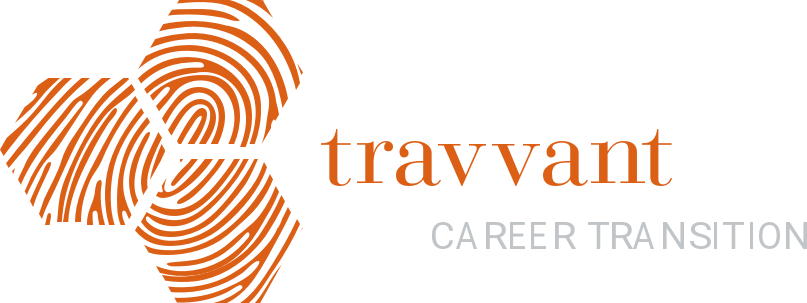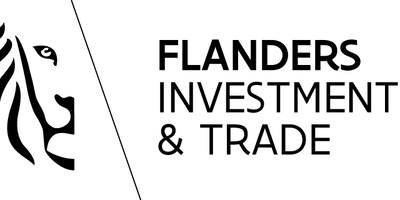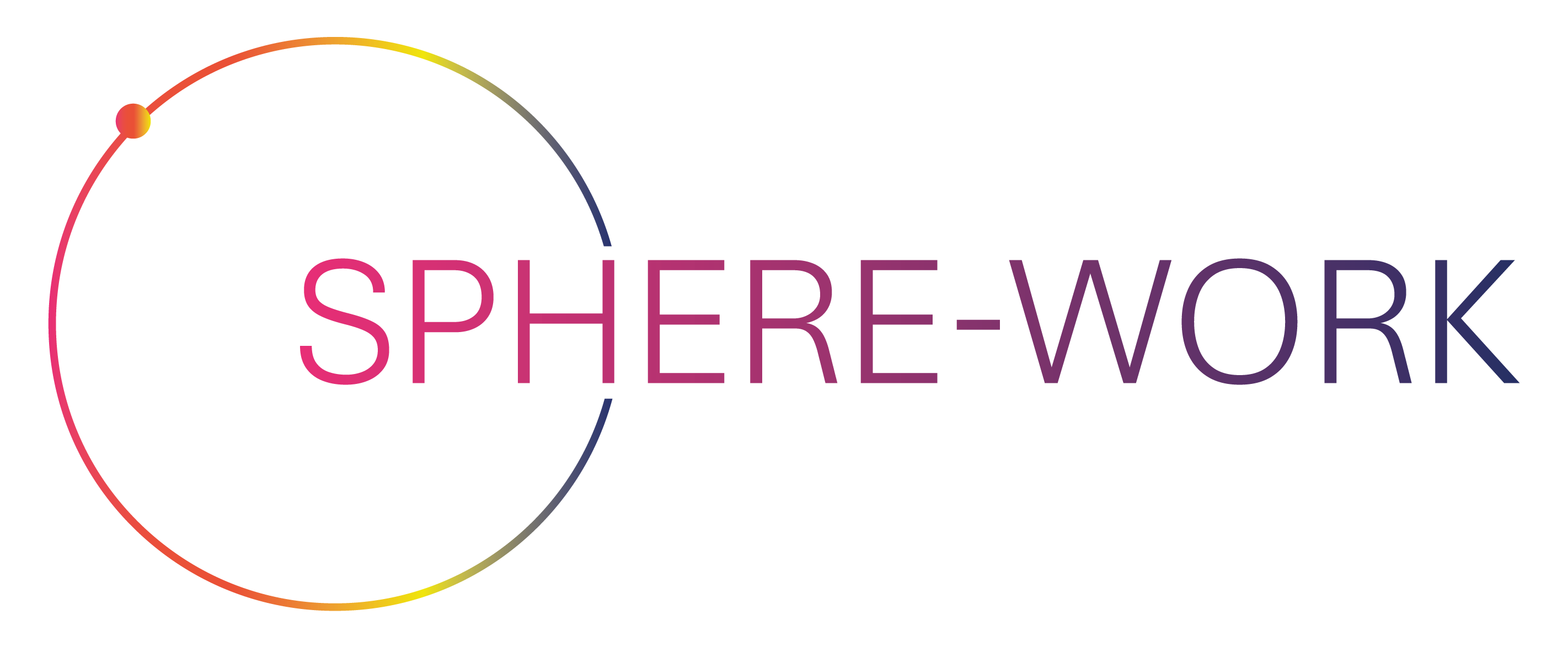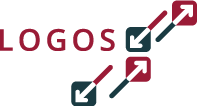In the spotlight
Homeras transforms performance management with a data-first approach
Homeras decided to implement a change to strengthen their performance management and clarify role expectations by moving beyond a one-size-fits-all competency model. Relying on just seven broad skills made it difficult to assess role-specific performance or foster employee growth. To better support their team members, Homeras adopted a more precise, data-driven approach to define expectations, evaluate performance, and guide development. This shift aimed to enhance objectivity and build a stronger foundation for engagement and operational efficiency.
About Homeras
Homeras is a Belgian service company specializing in emergency assistance and in-kind repairs for home insurance clients. Founded in 2016, it operates as a subsidiary of AG Insurance, Belgium's leading insurer. With a team of 60 employees and a national network of certified repair professionals, Homeras delivers fast and reliable solutions through partnerships with insurers, property managers, and syndics. From urgent interventions to technical maintenance, they coordinate every step with transparency and care. With a strong focus on service quality, Homeras ensures peace of mind in times of need.
OUR VALUE
Homeras x talentguide

Clear view on top 10 skills per job role

Objective performance evaluations

Continuous development tracking

Data-driven talent decisions
.png)
With the skills matrix developed through talentguide, we now have a clear view of role expectations and existing skill gaps, as well as valuable insights into our employees' potential. This enables us to take the right development actions at the right time.
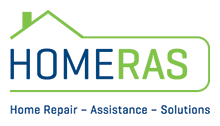
The shift with talentguide

From 7 generic competencies to role-specific skill profiles
Talentguide enabled Homeras to define the top 10 skills per role, based on actual tasks, traits, and knowledge (TTK). This provided a sharper, role-relevant foundation for expectations and assessments.

From intuition-based to data-driven performance reviews
With standardized TTK (tasks, traits, knowledge) matrices, managers now evaluate employees using objective criteria instead of gut feeling. This leads to fairer and more transparent evaluations.

From occasional to continuous development support
Clear visibility into skills and gaps allows both employees and managers to co-create focused development plans. This makes learning more intentional, ongoing, and aligned with performance needs.

From static job descriptions to an agile skills matrix
Homeras now works with a dynamic skills matrix that evolves with changing roles and employee capabilities, enabling better tracking, planning, and talent decisions across the organization.


